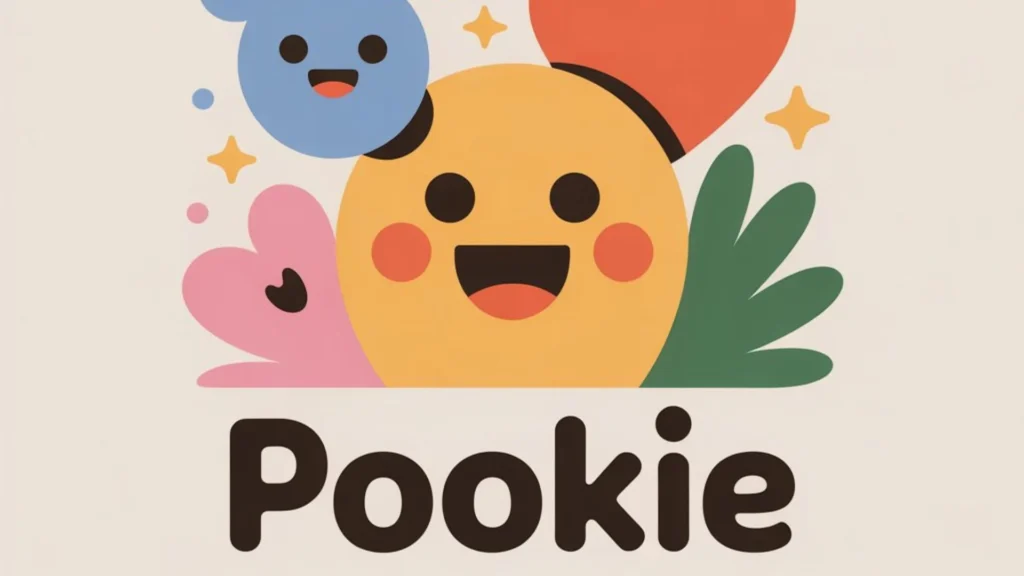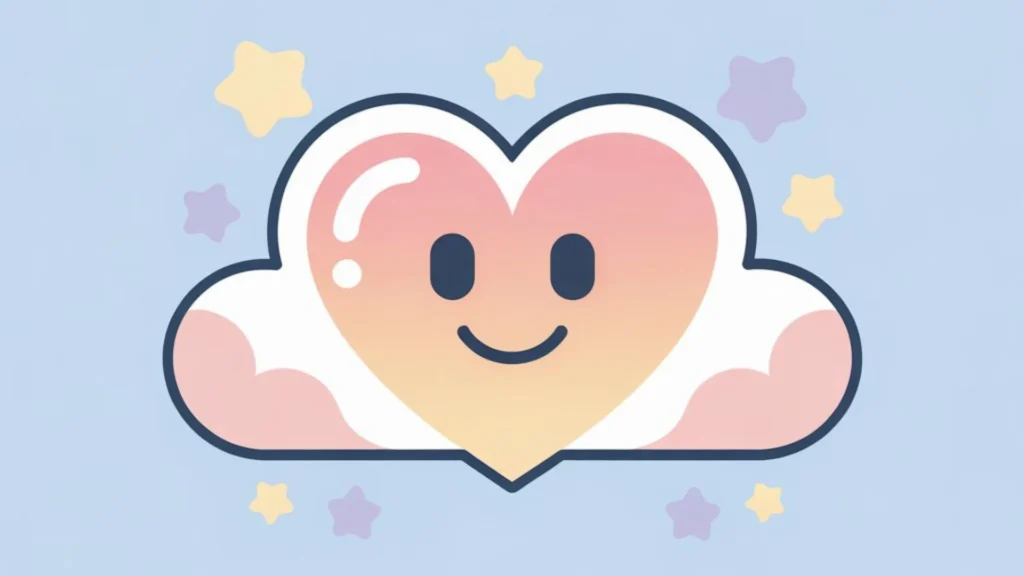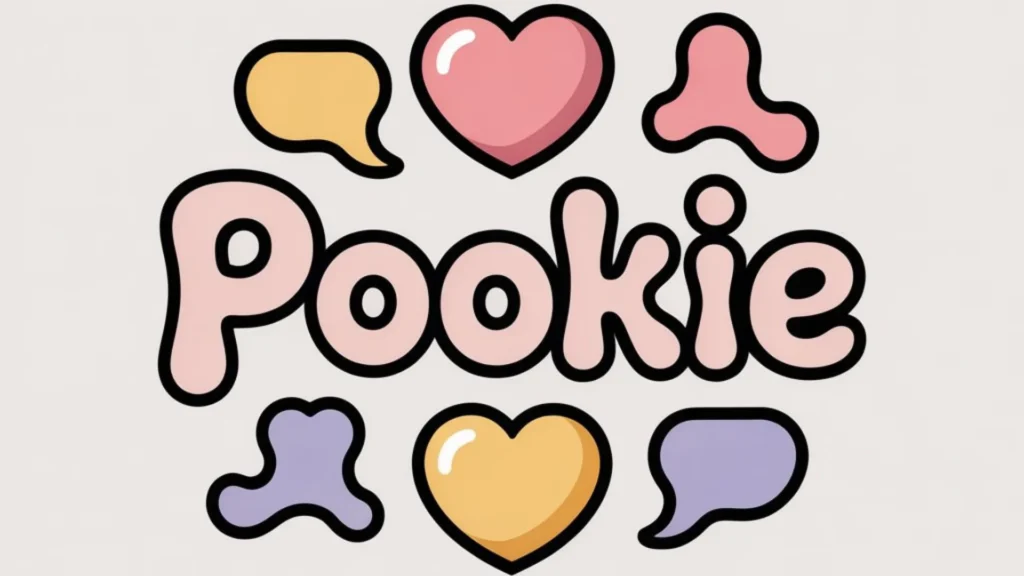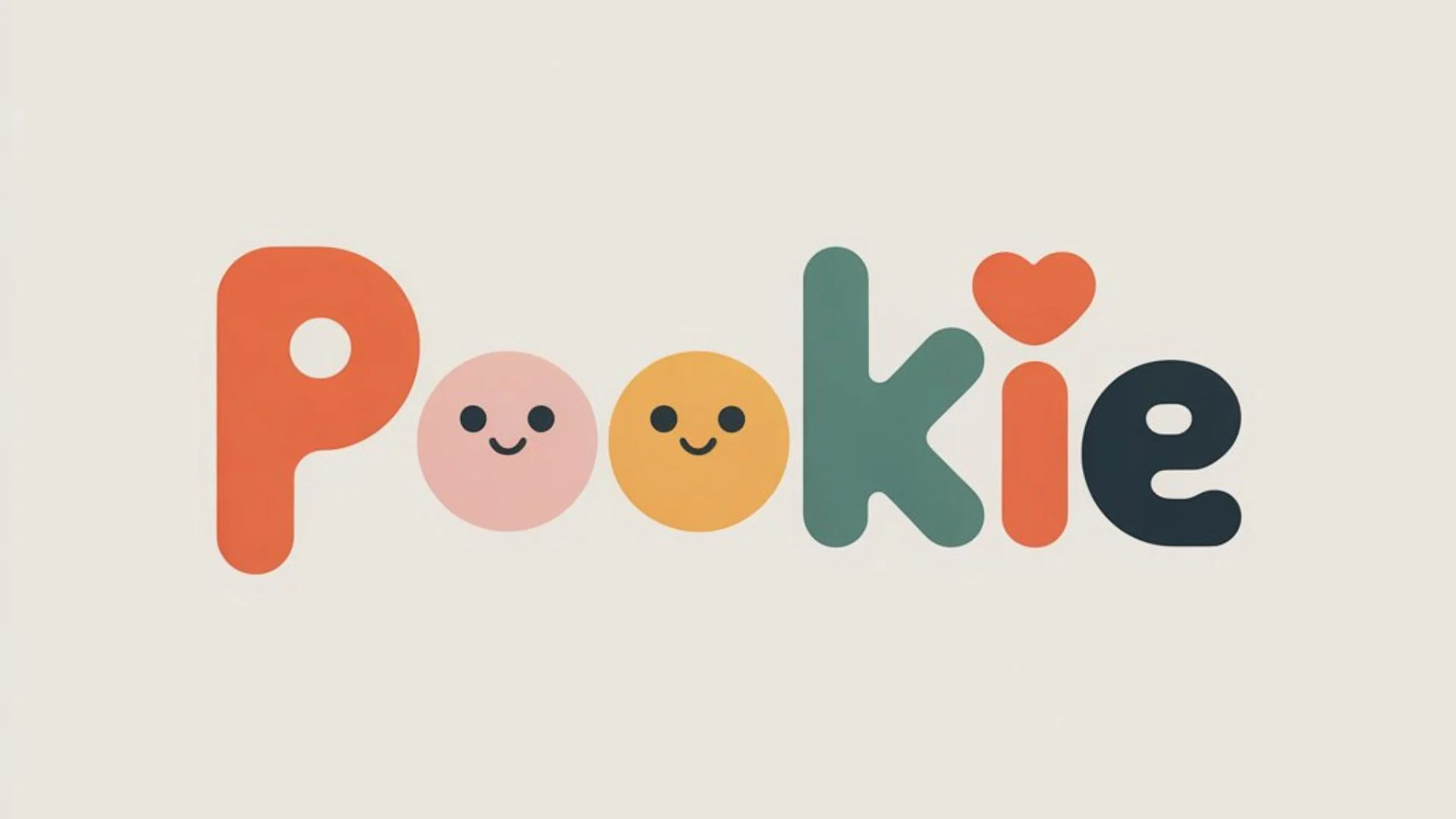Language is constantly shifting, and some words manage to take on lives of their own.
One such word is “pookie.” Depending on who you ask, pookie can be a term of endearment, a romantic nickname, a pop culture reference, or even a slang word tied to the 1980s crack epidemic.
Its versatility makes it fascinating—and confusing—for many people.
This guide dives deep into the meaning of pookie, tracing its origins, cultural impact, slang variations, and modern-day internet revival.
What Does “Pookie” Mean?
At its core, pookie is an affectionate nickname. People often use it in relationships to express love and warmth.
You might hear someone call their partner “my pookie,” or a parent might call a child or pet by that name.
Here’s how pookie is commonly used today:
- Romantic nickname: Between couples, much like “babe” or “honey.”
- Pet name: Used for dogs, cats, or “furbabies.”
- Child nickname: Parents calling their toddlers “pookie.”
- Friendship term: Sometimes used between close friends as a playful label.
In each case, pookie reflects intimacy and affection. It’s soft, playful, and a little silly—qualities that often make nicknames more endearing.
Examples of affectionate use in conversation:
- “Good morning, pookie, did you sleep well?”
- “Come here, pookie, I got you something.”
- “Don’t be sad, pookie. Everything will be okay.”
In these contexts, pookie means comfort, closeness, and love.
Origins of the Word “Pookie”

The word pookie didn’t just appear out of thin air—it has roots in multiple cultures and linguistic traditions.
Possible German Influence
Some linguists suggest that “pookie” may derive from German or baby talk terms used in Northern Europe, where soft-sounding syllables like -ie or -y endings were often applied to affectionate nicknames for children.
Early Pop Culture Usage
- Soupy Sales Show puppet (1950s-60s): American comedian Soupy Sales had a puppet named “Pookie.” The character was a lion, goofy and lovable, which helped popularize the name.
- Children’s book “Pookie” (1946): British author Ivy Wallace wrote a series about Pookie the little white rabbit with wings. These books were especially popular in the 1950s.
Timeline of Adoption
| Period | Usage of “Pookie” | Context |
| 1940s–50s | Children’s literature | Ivy Wallace’s “Pookie” bunny books |
| 1950s–60s | Puppet character | Soupy Sales’ puppet “Pookie” |
| 1970s–80s | Cartoon influence | Garfield’s teddy bear “Pookie” |
| 1980s–90s | Slang culture | Crack cocaine references (“pookie pipe”) |
| 2000s–present | Internet slang | Romantic nicknames, memes, TikTok |
This blend of literature, TV, comics, and street slang gave the word its complex, layered identity.
“Pookie” in Pop Culture
The most iconic pop culture reference to pookie comes from the Garfield comic strip.
Garfield’s Teddy Bear:
- Character: Pookie is Garfield’s beloved teddy bear.
- Creator: Jim Davis introduced Pookie in 1978.
- Role: Garfield is rarely seen without Pookie. The teddy represents innocence, comfort, and childlike love—contrasting Garfield’s usual sarcastic personality.
This teddy bear alone made “pookie” a household term for many kids growing up in the 1980s and 1990s.
Other Pop Culture Mentions:
- Soupy Sales puppet “Pookie.”
- Ivy Wallace’s Pookie children’s books.
- Merchandise: Pookie teddy bear toys and collectibles became popular in the 1980s.
Pop culture takeaway: For millions, pookie means something cute, safe, and nostalgic.
Slang and Negative Connotations of “Pookie”

Not all uses of pookie are sweet. During the 1980s crack epidemic in the United States, the word shifted into a darker context.
- “Pookie pipe”: Slang for a glass pipe used to smoke crack cocaine or meth.
- “Crackhead pookie”: Derogatory term for someone addicted to crack.
- Street culture usage: The word appeared in urban communities, rap lyrics, and criminal slang.
By the early 1990s, “pookie” had two drastically different meanings:
- Cute nickname in families and relationships.
- Dangerous slang tied to drugs.
Urban Dictionary Influence
In the mid-2000s, Urban Dictionary began cataloging definitions of “pookie,” capturing both affectionate and derogatory uses. This cemented its dual identity.
“Pookie” in Relationships and Love Language
Nicknames in relationships are a love language of their own. Pookie falls into the same category as:
- Babe
- Honey
- Cuddle bug
- Darling
- Honey muffin
Why Couples Use “Pookie”
- Playfulness: It adds fun and silliness.
- Intimacy: Private pet names strengthen emotional bonds.
- Individuality: Using a quirky nickname makes a relationship feel unique.
Generational Differences
- Baby Boomers & Gen X: Used “pookie” mostly for children and pets.
- Millennials: Adopted “pookie” as both affectionate and ironic slang.
- Gen Z: Reclaimed “pookie” on TikTok as a trendy romantic term.
Quote: “Pet names like pookie work because they signal closeness that outsiders don’t share.” – Linguist Deborah Tannen
Global and Linguistic Variations of “Pookie”

Language often adapts words in unexpected ways.
Hawaiian Equivalents
In Hawaiian culture, affectionate nicknames often resemble pookie in tone:
- “Honey girl”
- “Sweetheart”
- “Babe”
Tulu Language Meaning
In the Tulu language (India), “pookie” translates to “fart.” Obviously, that creates a humorous contrast when compared to the affectionate English meaning.
German Connection
Some baby talk terms in German like Pucki or Puki may have influenced the American version.
Semantic Shift
The word shifted meaning multiple times:
- Cute → Affectionate → Slang → Internet Trend
Pookie in Modern Internet Culture
TikTok, Twitter, and memes have brought pookie back into mainstream use.
- TikTok Couples Trend: Partners calling each other “pookie” in videos.
- Hashtags: #pookie has millions of posts tied to relationships, pets, and memes.
- Memes: “That’s my pookie” often used humorously to refer to a friend or celebrity crush.
Why It Works Online
- Easy to say and type.
- Funny mix of sincerity and irony.
- Nostalgic undertones from Garfield’s Pookie.
Related Terms and Alternatives
If you’re not a fan of “pookie,” here are similar terms of affection:
| Category | Examples |
| Romantic Nicknames | Babe, darling, honey, love |
| Cute & Playful | Snugglebug, cuddle bug, cutie pie |
| Child/Pet Names | Sweetie, munchkin, pumpkin |
| Ironic/Funny | Boo thang, sugarplum, nugget |
Key Point
While “pookie” feels unique, it sits within a long tradition of pet names in English.
Examples of “Pookie” in Sentences
To understand context, here are sentence variations:
Affectionate:
- “You’re my little pookie forever.”
- “Happy anniversary, pookie!”
Pop Culture:
- “Garfield hugged his teddy, Pookie, tightly.”
Slang:
- “He lit up the pookie pipe.”
Internet Slang:
- “That’s my pookie, and I’m standing beside them!”
Conclusion
The word pookie is one of those rare terms that manages to exist in two worlds at once.
On one side, it’s a romantic nickname, a pet name, and a cultural icon tied to Garfield’s teddy bear.
On the other, it has darker associations with drug slang and street culture.
What makes pookie fascinating is its semantic flexibility. It can be soft and sweet, ironic and playful, or gritty and harsh—depending on who uses it and where.
In today’s world, especially on TikTok and social media, pookie has made a comeback as an affectionate nickname, showing once again how language evolves with each generation.
So next time you hear someone say pookie, remember: it might mean a beloved partner, a childhood teddy bear, or a slang reference—all wrapped in one powerful little word.

Mariah Cannon is the creative mind behind Pikuplab.com, crafting engaging, high-ranking content with expertise and precision.
With a talent for turning ideas into impactful words, Mariah brings value to every article.

